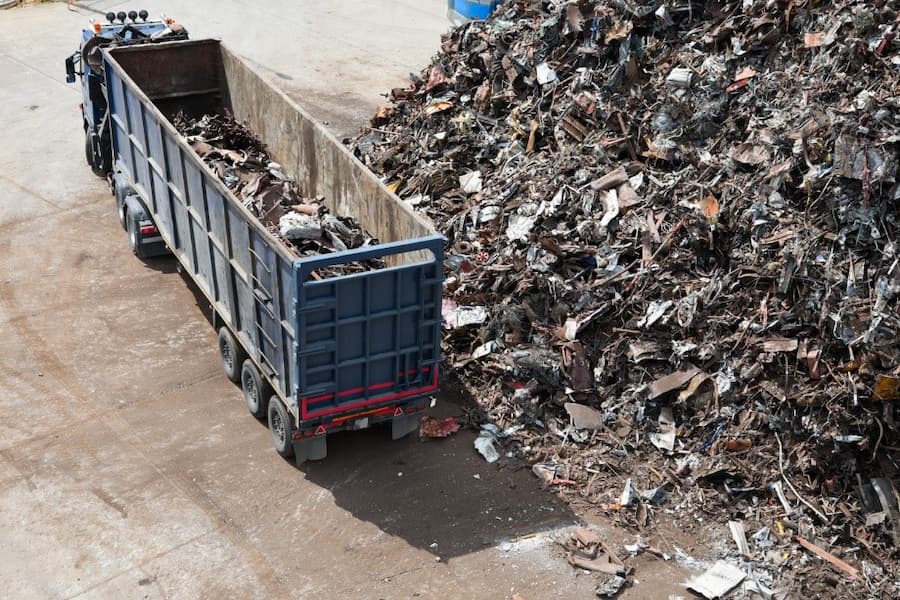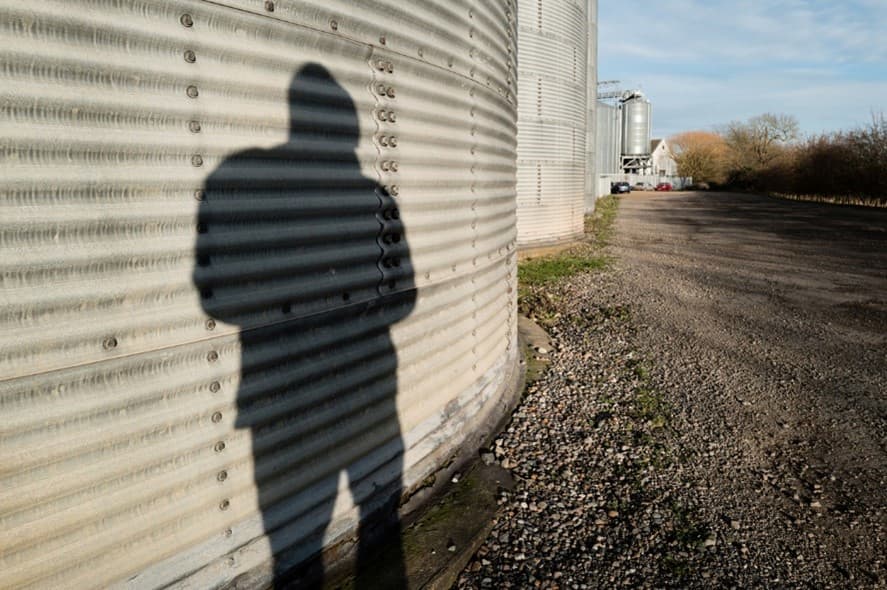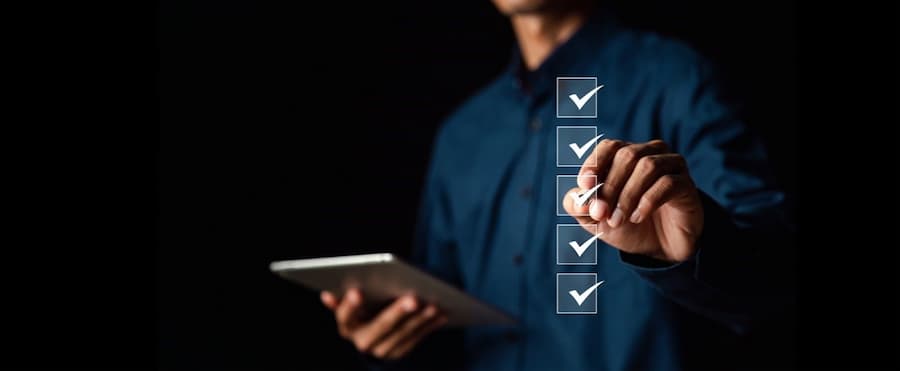When you need to destroy a building, you have a choice to either demolish it or deconstruct it. These might sound like the same thing, but it may surprise you to know just how different they are. Please read our blog below to find out the pros and cons and which one we recommend for your next job. Continue reading “Deconstruction vs Demolition – What’s The Difference?”
Scrap Metal Recycling for Tradespeople
We have many years of experience and knowledge in the scrap metal industry, so we can offer a wide range of services to a variety of businesses. If you’re a tradesperson who needs to dispose of metal or have it recycled, we can help. Continue reading “Scrap Metal Recycling for Tradespeople”
Understanding the Limits of Metal Recycling for Profit
In recent years, there has been a notable tightening of regulations surrounding metal recycling, a shift driven by the necessity to fight illegal practices and safeguard the environment. These regulations signal an increased awareness of the potential environmental and societal impacts of metal recycling. Stakeholders throughout the industry, from sellers to buyers, are required to maintain a thorough understanding of these evolving laws to resolve the complexities of compliance efficiently. With legal frameworks becoming increasingly stricter, staying up-to-date with regulatory updates is not easy and has become a need for businesses operating within the metal recycling sector.
In this blog, we will use our extensive expertise to explore the undeniable importance of metal recycling, the practices involved in it, and the risks of engaging in its related illegal activities.

Why Is Metal Recycling Important?
Metal recycling is essential for environmental conservation. Most metals can be recycled indefinitely, promoting a circular economy and reducing the demand for sourcing new metals for every new project. This practice also makes the safe disposal of end-of-life vehicles much easier, ensuring hazardous substances like engine oil, coolant, and batteries are appropriately handled. Improper handling of such a delicate process can lead to water pollution, jeopardising natural ecosystems and aquatic life.
Engaging with licenced dealers who adhere to strict recycling protocols is then fundamental to upholding environmental standards. At Morecambe Metals, sustainability is a staple in our business, and we always prioritise environmentally responsible practices to allow all recycled metal to be processed and used efficiently, minimising any waste and environmental impact.
What Is Metal Theft and the Legal Measures to Fight It?
Metal theft poses a significant threat within the metal recycling industry. Thieves target valuable metals like aluminium, brass, and copper, often stealing them from construction sites, railways, and commercial properties. The scale of metal theft is notable, with authorities seizing hundreds of tonnes of stolen metal annually across Europe. In the UK alone, metal theft costs the economy an estimated £220 million each year.
Over the years, several legislative measures have been introduced to fight against metal theft. The Scrap Metal Dealers Act of 1964 required registration for those who wanted to start buying and selling recycled metal and required accurate record-keeping. However, despite these efforts, metal theft persisted, leading to the implementation of another act in 2013. This updated legislation introduced even stricter regulations, including mandatory seller identification, licencing requirements, and the prohibition of cash transactions. Removing cash payments has proven an effective measure in reducing metal theft incidents, with reported cases plummeting considerably afterwards.
The Licences Required to Sell Recycled Metal
As we have just learned, the process for those who want to sell scrap metal is not as simple as they may think. It’s a practice that must comply with strict regulations, and failing to do so can lead to serious legal consequences. One important aspect to touch upon is holding appropriate licences. Sellers and buyers alike must possess them to guarantee the utmost transparency and accountability in every transaction across the entire process. Whilst selling recycled metal to mobile collectors is permissible, verifying their credentials beforehand is vital. However, for a hassle-free, secure, and legally compliant transaction, selling to a registered buyer is highly recommended. Not only does this guarantee adherence to regulations, but it also often results in better prices for sellers. For those unable to transport large quantities of metal themselves, resorting to local metal collection services offered by reputable companies like ours at Morecambe Metals is a convenient option.
Strategies for Compliance
In light of everything we have explained, selling recycled metals requires effective compliance strategies. Therefore, it is extremely important that businesses operating in this sector adopt proactive approaches to keep up with evolving laws and regulations. One effective strategy, for instance, involves investing in reliable tracking and documentation systems that can record the origin, processing, and sale of all recycled metals. These systems allow for total transparency and provide concrete evidence of compliance during regulatory audits or inspections.
Additionally, maintaining open lines of communication with authorities is essential in staying informed about updates or changes in legislation. Regular engagement with relevant agencies allows companies to clarify any ambiguities, guaranteeing full compliance. Finally, promoting a culture of compliance within the organisation through effective training programs and internal audits helps reinforce the importance of adhering to regulatory standards at every level of operations. By employing these strategies, businesses can lower the multiple risks of non-compliance and prove their commitment to responsible metal recycling practices.
Morecambe Metals as Your Fully-Licenced Metal Dealer
Following our explanations, should you need to buy or sell recycled metal, you can turn to us at Morecambe Metals. Not only do we offer a streamlined, easy process from start to finish, but we also guarantee total peace of mind by providing complete transparency in everything we do.
We possess all the required Duty of Care licences and compliant documentation, so when we buy your recycled metal, you are sure it’s a safe, authorised procedure.
If you want to learn more about our range of solutions, the processes in place, or our scrap metal buying services, contact us today; we will do our best to assist you with any specific requirement. Alternatively, for more generic questions, you can visit our FAQ page.
The History of Scrap Metal Recycling
Morecambe Metals has been recycling scrap metal for almost 40 years, but the history of scrap metal spans back for centuries. Most people consider recycling to be a modern practice born from concerns surrounding the environment and humanity’s rapid consumption of depleting raw material supplies. However, metal recycling is an ancient practice that manufacturers have been utilising as far back as 700 BC. So today, we will explore scrap metal recycling through the ages and figure out how we got where we are today.
Continue reading “The History of Scrap Metal Recycling”
End-of-Life Vehicle Recycling – What Happens to Scrapped Cars?
We deal with all kinds of scrap metal recycling here at Morecambe Metals, with one of the bulkier domestic items being End-of-Life vehicles. The days of scrapped cars sitting around and leaking toxic fluids everywhere before being crushed into cubes and thrown onto landfills are long gone. These days, up to 95% of the material in scrapped vehicles is reused, recovered, or recycled by authorised treatment facilities. Continue reading “End-of-Life Vehicle Recycling – What Happens to Scrapped Cars?”
The Role of Scrap Metal Recycling in a Sustainable Future
Metal has always held great economic weight, but as we move towards a sustainable future, there is a growing appreciation for the ecological benefits of scrap metal recycling. Until recently, businesses dealing with scrap metal for a long time, like Morecambe Metals, were not at the forefront of people’s minds when discussing recycling and sustainability, often perceived as merely a part of the waste collection and disposal process. Continue reading “The Role of Scrap Metal Recycling in a Sustainable Future”
We made the Family Business Heroes List!
Here at Morecambe Metals, we’re thrilled to announce that we have been selected by the Lancashire Business View as one of their Family Business Heroes! From a wide range of candidates nominated by the Lancashire Business Review readers, Morecambe Metals was then chosen by a specially invited panel to sit alongside other fantastic Lancashire-based family-run businesses.
The Environmentally Friendly Properties of Aluminium
Aluminium is a widely used metal across many industries. It is also one of the most commonly recycled metals globally – and for a good reason. Aluminium is a great candidate for scrap metal recycling because 100% of scrap aluminium can be recycled without losing quality. This blog will look at what aluminium is and why it’s essential in scrap metal recycling.
Continue reading “The Environmentally Friendly Properties of Aluminium”
The Many Uses For Recycled Scrap Metal
Here at Morecambe Metals, we specialise in scrap metal recycling, processing and collection.
We’re a forward-thinking scrap metal dealer and so we’re always looking for new and innovative ways to improve our recycling process.
5 Reasons to Sell and Recycle your Scrap Metal
At Morecambe Metals, we have over 40 years of experience in scrap metal recycling, and we pride ourselves on offering a fully compliant service for our customers.
Continue reading “5 Reasons to Sell and Recycle your Scrap Metal”





